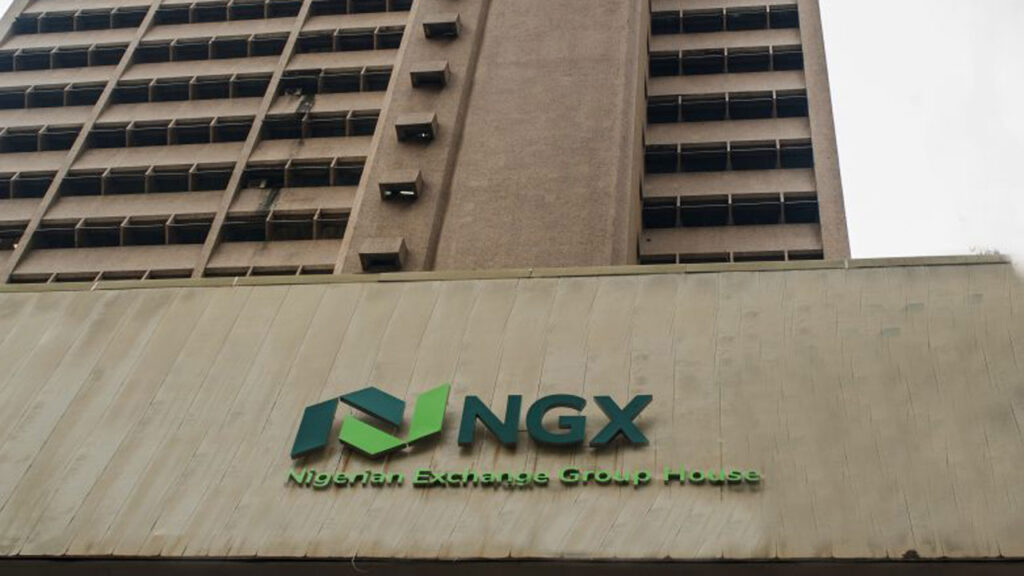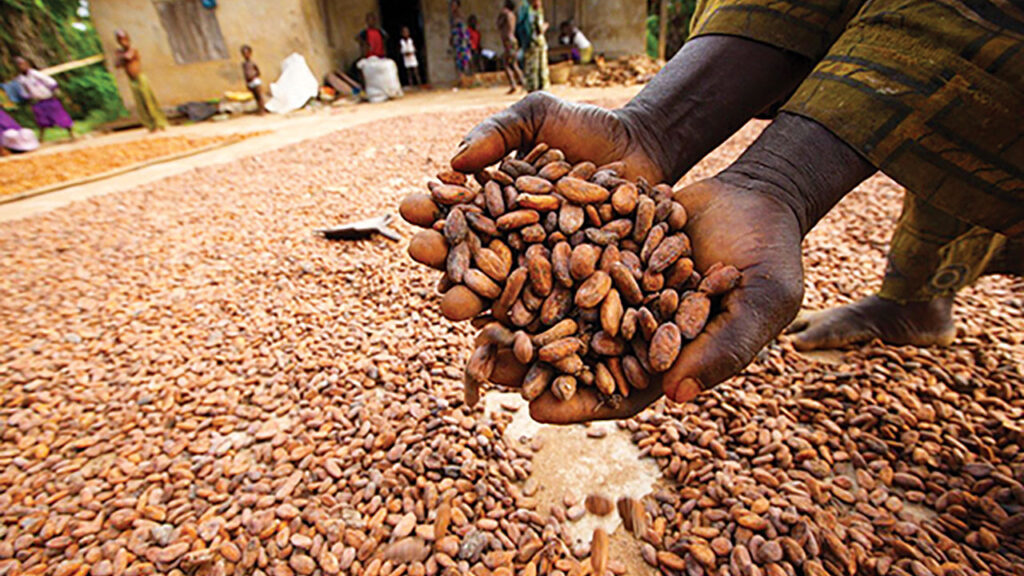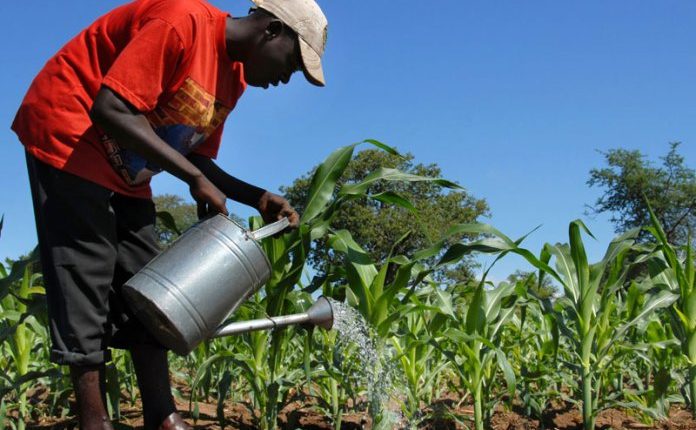
The caution comes as extremely high intra-day volatility continues at the Investors and Exporters (I&E) window, raising concern about the possibility of market manipulation. The Guardian has reported that wide swing has become a feature of the official window.
On Friday, the dollar traded between N461.5 and N841, a rare occurrence even in parallel currency markets globally. The market opened at N758.56 to a dollar before switching to an extremely volatile intra-session movement, which has become a norm. It eventually closed at N769.25/$.
In his half-year (H1) economic review, Yusuf, who has commended the FX rates harmonisation for its prospect of restoring stability in the market, urged the apex bank to “put in place a sustainable intervention framework to moderate the volatility in the forex market.”
In a position statement shared with The Guardian, the economist said the huge outstanding unmet requests would continue to exert pressure on the exchange rate in the coming months but that the short to medium-term outlook remains “very good”.
Yusuf is also seeking government’s intervention to rein in the social impacts of the market reforms, especially the removal of subsidy on premium motor spirit (PMS) that has increased the pump price of the product by over 200 per cent in some parts of the country.
“Urgent measures need to be put in place to mitigate the soaring cost of living and the escalating operating and production costs, especially for businesses.
“Inflationary pressures may intensify in the near term, the exchange rate may come under pressure in the short term as forex demand backlog exerts pressure on the official forex window,” he noted.
According to Yusuf, a long-standing advocate of pro-market reform, the reform “portends bright prospects for recovery and growth” and clear indications of elevated investors’ confidence, improvement in the government fiscal space and higher prospects of exchange rate stability.
The FX reform, he noted, would “pave the way for an equilibrium exchange rate which would be more tolerable and sustainable.”
“With a better fiscal space, the outlook for lower fiscal deficit, moderation in the growth of public debt, reduction in debt service burden and an improvement in the macroeconomic stability are very positive”, he said, the economy could witness faster growth in the second half (H2) of the year.
But President Bola Tinubu’s administration would need to act fast to mitigate the current headwinds inflicted by the reforms. The approaches, he said, should be a mix of direct interventions, tax incentives for low-income employees/small businesses, reduction in import duties on some critical intermediate products as well as import duty concessions for transportation, health, power and energy sectors.
“The improved fiscal space created by the reforms should make these mitigating measures feasible and they have to be implemented urgently to give the current reforms a human face,” the CPPE boss insisted.













